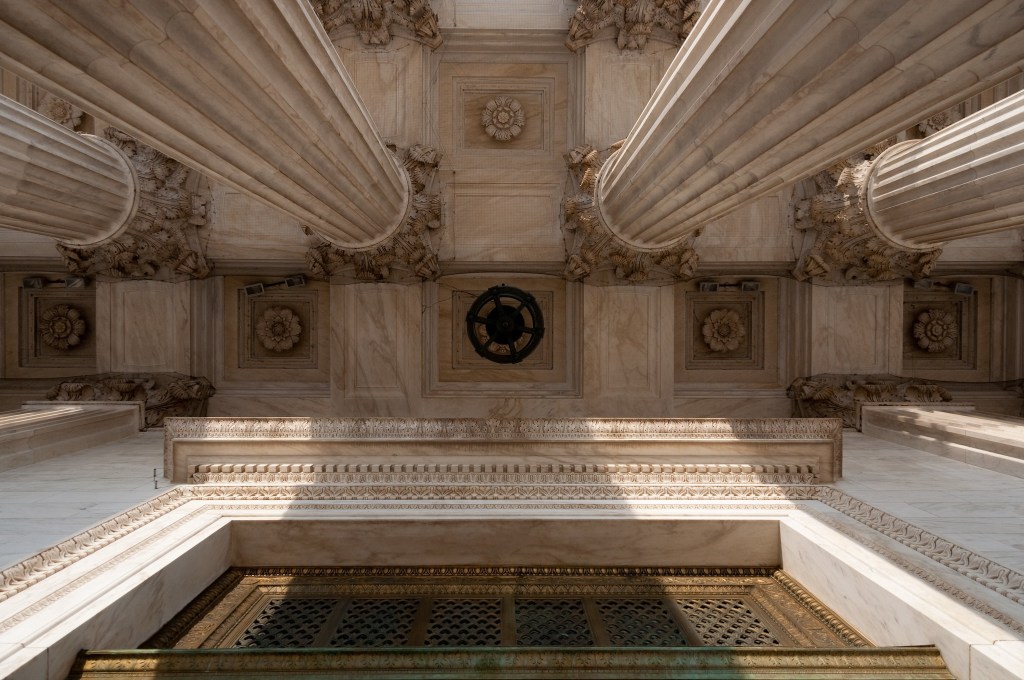Court appears ready to curtail major provision of the Voting Rights Act
More news
Court mulls tricky issues raised in habeas case
On Tuesday, the justices heard argument in Bowe v. United States, involving a complex (and confusing) area of law: habeas, which allows people confined by the government to challenge the grounds for their detention.
Continue ReadingA year after Loper Bright: textualism, shadow Skidmore, and a new major questions exception
Clear Statements is a recurring series by Abbe R. Gluck on civil litigation and the modern regulatory and statutory state.
As most SCOTUSblog readers know, just over a year ago, the court decided Loper Bright Enterprises v. Raimondo, overruling what had been among the most cited cases in the U.S. Reports: Chevron v. Natural Resources Defense Council. Loper Bright marked the end of a 40-year regime under which, if a statute regulating an agency contained ambiguous terms, courts generally would defer to the agency’s expertise in resolving those ambiguities – even if that meant that statutory meaning could change from one administration to the next.
Continue ReadingJustices debate whether restitution imposed on convicts is criminal, civil, or perhaps a little of both
Tuesday’s argument in Ellingburg v. United States turned on whether the ex post facto clause of the Constitution applies to the Mandatory Victims Restitution Act. That clause bars imposing criminal punishments based on statutes not in force when the crime occurred. Because the MVRA was adopted after Holsey Ellingburg’s offense, it would violate the ex post facto clause to apply it to determine Ellingburg’s punishment if the restitution it requires is “criminal” under that clause.
Continue ReadingControlled substances and courtroom candor
The Relist Watch column examines cert petitions that the Supreme Court has “relisted” for its upcoming conference. A short explanation of relists is available here.
It’s only week two of the Supreme Court’s new term and already we’re off to the races. As I kinda-sorta predicted, the court granted review in Hunter v. United States, the case addressing what exceptions exist to the appeal waiver provisions that are in most plea agreements. (The court is apparently holding Chaney v. United States, which presents the same issue.)
Continue ReadingThe wrongheaded religious freedom narrative
Rights and Responsibilities is a recurring series by Richard Garnett on legal education, the role of the courts in our constitutional structure, and the law of religious freedom and free expression.
It is still (very) early in the Supreme Court’s new term, and its calendar is far from full. The justices and their law clerks will consider thousands more requests for review and, notwithstanding the recent trend of declining caseloads, will probably grant a few dozen more. That said, and unlike the last few years, it does not appear that the story of what court-watchers call October Term 2025 will feature landmark, lead-the-news religious-freedom controversies. In fact, so far, there is only one church-state case, Landor v. Louisiana Department of Corrections and Public Safety, which is set for oral argument next month.
Continue Reading

